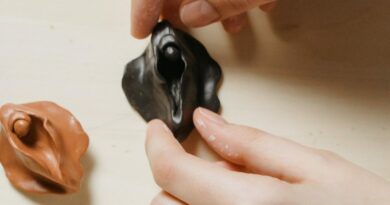Bacterial vaginosis (BV)
Name: BV or bacterial vaginosis
Type: Overgrowth of atypical bacteria in the vagina
Fun fact: Without sounding like a probiotic yoghurt drink, your body has good and bad bacteria. BV occurs when your vagina’s pH balance is disturbed, and those naughty unhealthy bacteria take over.
How it spreads: Nasty bacteria replace good bacteria in your vagina. Whilst BV isn’t specifically sexually transmitted, studies show there is a definite link to sexual activity and developing the infection.
Symptoms: As many as half of women and people with a vagina infected with BV will be symptom-free, but you may get the following:
-a change in discharge
-smelly, fishy discharge without irritation or soreness
Key weakness: Your own body! Most cases of BV don’t require treatment and will clear up on their own. It’s best to correct the pH balance by stopping the use of any irritants such as perfumes, shower gels or washing powders. In certain cases it is more important to clear BV up quickly, and your doctor might advise a course of antibiotics. Head to your GUM clinic with any questions!
Keeping safe: Condoms help prevent the transmission of STIs and other infections. Whist sexually active people are more likely to get BV, you still can develop it without having sex. Always avoid harsh chemical, fragrances and soaps when cleaning your genitals to have the best chance of keeping your vagina happy and balanced.
Being polite: As BV isn’t an STI you don’t have to necessarily tell your sexual partners what’s happening. However it’s best for everyone if we’re honest about what’s going on with our bodies – you can have better relationships and better sex that way.
Other support
Read more
Last Reviewed 8 March 2023
Image Credit: Fumble





